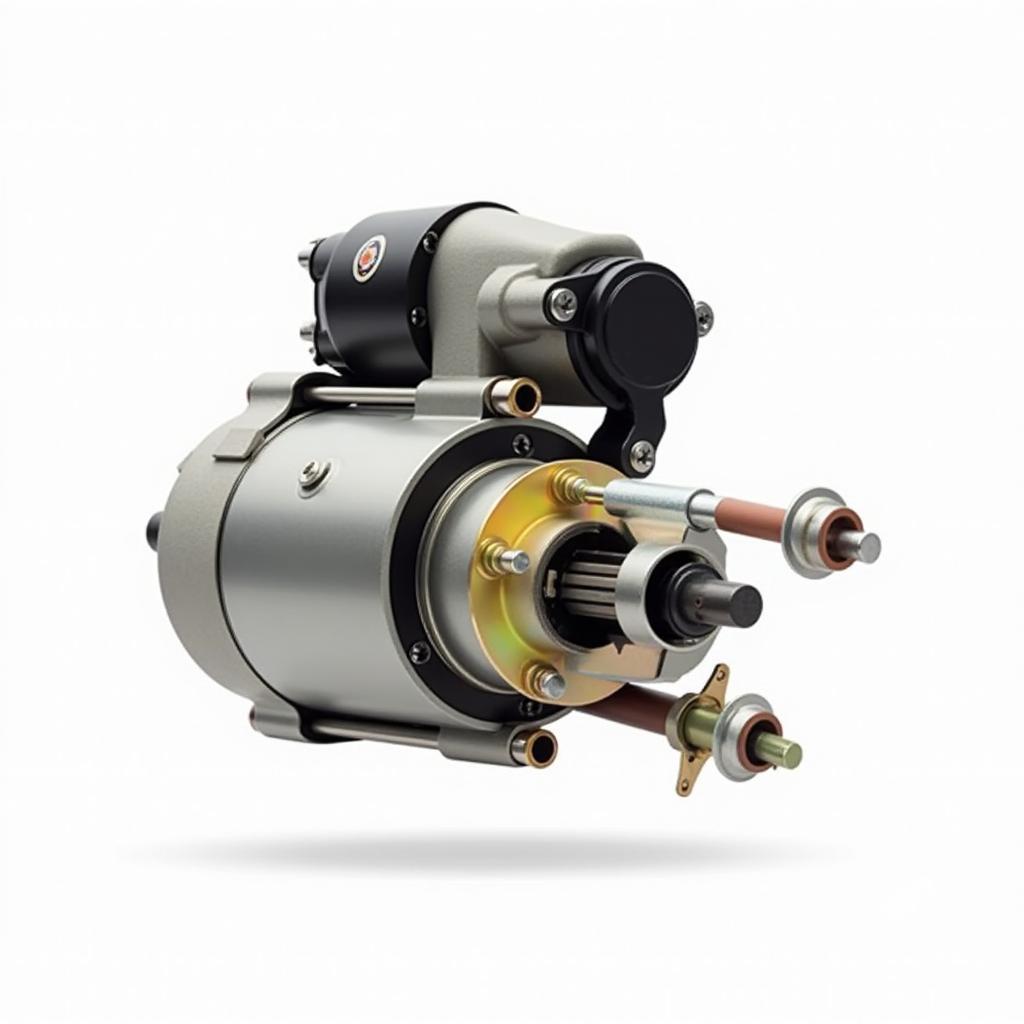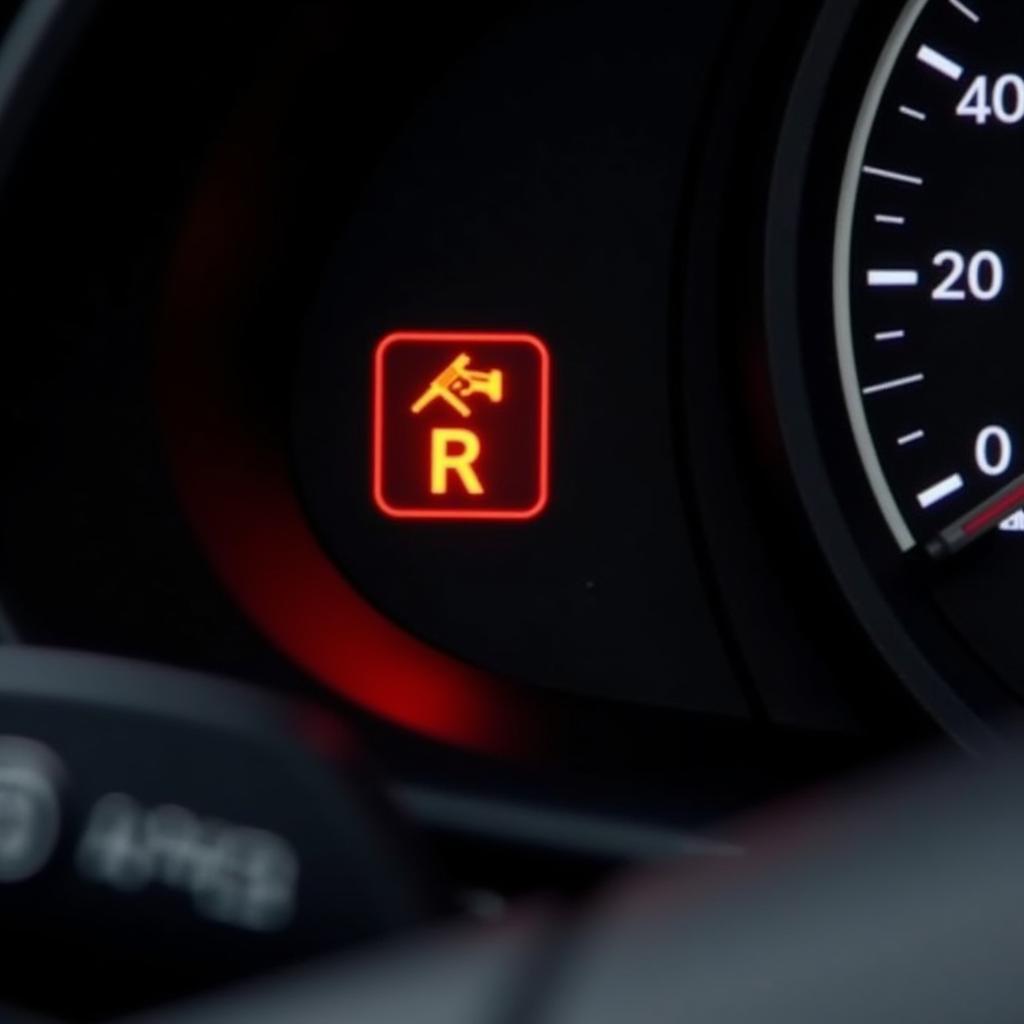You’ve changed the battery, expecting your car to roar back to life, but it’s still stubbornly refusing to start. This frustrating situation is more common than you might think. Let’s explore why your car won’t start even after a new battery and how to troubleshoot the issue.
Beyond the Battery: Why Your Car Won’t Start
While a dead battery is a frequent culprit for a non-starting car, it’s not the only one. Even with a brand new battery, several other components could be preventing your engine from turning over. These range from simple issues like corroded terminals to more complex problems with the starter or alternator. Ignoring these possibilities can lead to further damage and unnecessary expenses.
Checking the Obvious: Connections and Cables
Sometimes, the simplest solution is the right one. Before diving into complex diagnostics, double-check the battery connections. Loose or corroded terminals can disrupt the flow of electricity, preventing your car from starting even with a new battery. Ensure the terminals are clean and tightly secured to the battery posts. A simple wire brush can often resolve this issue. If you suspect your battery cables are damaged, check for signs your battery is going bad like frayed wires or cracks in the insulation.
Delving Deeper: The Starter and Alternator
If the battery connections are fine, the next suspects are the starter and alternator. The starter motor is responsible for cranking the engine, while the alternator recharges the battery while the engine is running. A faulty starter might click but fail to turn the engine over, while a failing alternator can drain even a brand-new battery. Distinguishing between these can be tricky. Check out this helpful article comparing a dead car battery vs alternator to understand the difference.
Is It a Dead Battery or a Bad Starter?
 Car Starter Motor Close-Up
Car Starter Motor Close-Up
It can be difficult to tell if you have a dead battery or bad starter. A simple test involves trying to jumpstart your car. If the car starts with a jump, but then dies again shortly after, the alternator is likely the issue. If the car doesn’t start even with a jump, the starter is more likely the culprit. However, frequent jump-starting can be harmful. Learn more about whether is jumpstarting a car bad for your battery.
Electrical System Issues: Fuses and Relays
A blown fuse or a faulty relay can also prevent your car from starting, even with a new battery. Check your car’s owner’s manual to locate the fuse box and identify the fuse related to the starting system. Replace any blown fuses with the correct amperage rating.
Modern Cars and Electronic Gremlins: Exploring Electronic Issues
Modern vehicles are increasingly reliant on complex electronic systems. A malfunction in any of these systems, such as the immobilizer or the engine control unit (ECU), can prevent the car from starting. These issues often require specialized diagnostic equipment to identify and resolve.
Specific Car Models and Known Issues
Some car models are prone to specific electrical problems. For instance, the ioniq 5 12 volt battery issue has been reported by some owners. Researching common issues with your particular make and model can provide valuable clues.
“A changed battery that doesn’t fix a starting problem often points to a deeper issue,” says automotive expert, Michael Johnson, ASE Certified Master Technician. “Don’t just assume it’s a complex problem, though. Start with the basics, check connections, and then move on to the starter and alternator.”
Another expert, Emily Carter, Automotive Electrical Systems Engineer, adds, “Modern cars have sophisticated electronics. A simple software glitch can sometimes cause no-start conditions. A professional diagnostic scan is often the most efficient way to pinpoint these problems.”
Conclusion: Getting Back on the Road
Changing your car battery and still having starting problems can be incredibly frustrating. However, by systematically checking the connections, starter, alternator, and other electrical components, you can often identify the real culprit. If you’re unsure about any of these steps, seeking professional help is always the best course of action to avoid further damage and get your car back on the road quickly. Remember to always consult your owner’s manual for specific information regarding your car model.

